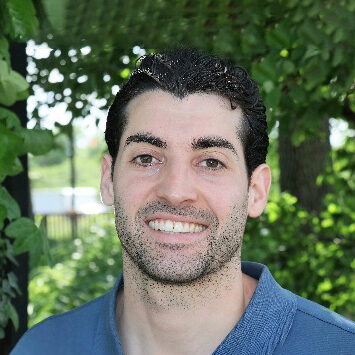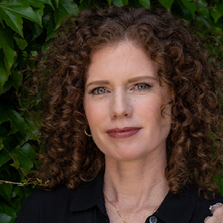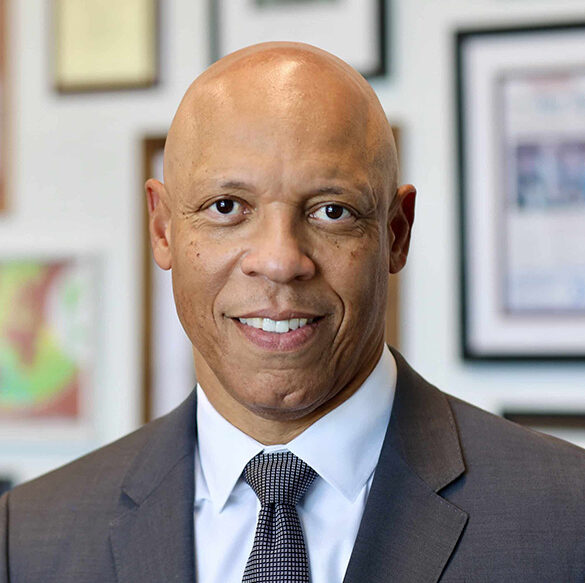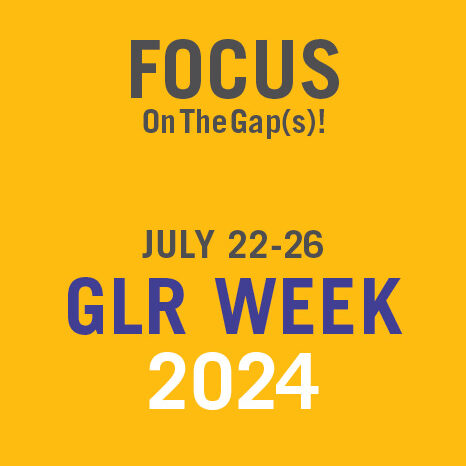
- This event has passed.
The Promise and Potential of Play-Based Learning
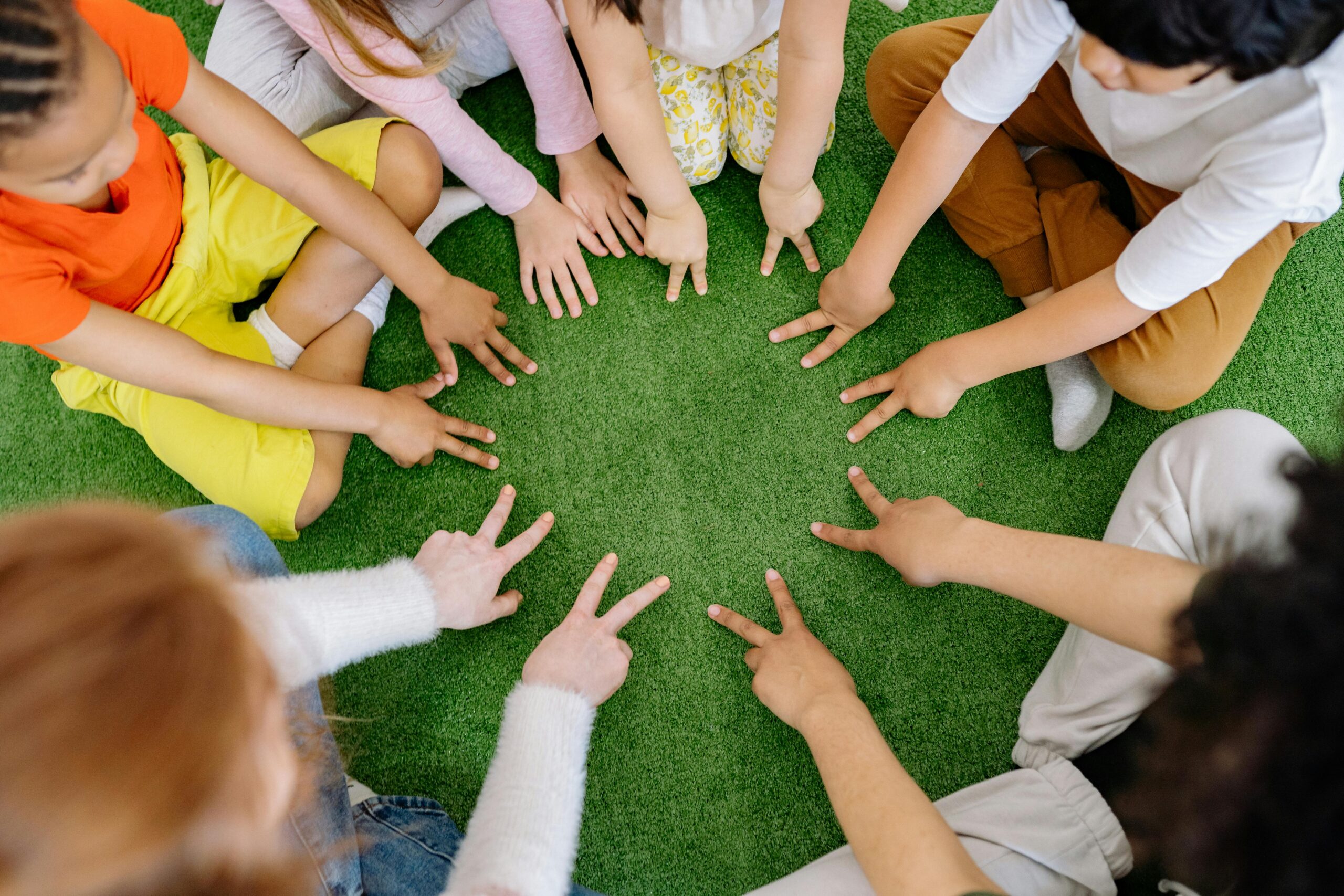
CGLR has long advocated for playful learning in community spaces such as playgrounds and parks, believing that learning happens everywhere. This week’s session gave us the chance to explore play as a teaching and learning strategy in the classroom, especially during the important kindergarten year that serves and a critical bridge to the early elementary school grades.
Moderator and competency-based education leader William R. Hite, Jr., Ed.D., of KnowledgeWorks introduced the session by engaging three national researchers in a discussion of the evidence demonstrating how play can be a significant component of the learning experience that aligns with core standards and the all-important science of learning. Kathy Hirsh-Pasek, Ph.D., of Temple University, Ryan Lee-James, Ph.D., of the Atlanta Speech School, and Andres Bustamante, Ph.D., of the University of California at Irvine talked about the ways in which play-based learning can help to address gaps in early learning, especially for marginalized groups who have historically not had access to the assets needed to achieve school success. Bustamante explained how a fun math game enables learning of hard math concepts, building skills among multi-language learners who had previously struggled:
“[Through play] we find very strong impacts on kids’ fraction and decimal learning, which are notoriously challenging math concepts to move the needle on. And so, on average, a kid who was in the 50th percentile in their fraction learning would go all the way up to the 75th percentile after only a three-week program of playing ‘fraction ball.’ When kids are up, when they’re physically active, when they’re engaged, with their ‘hands on and minds on,’ the learning is more powerful.”
Hite then engaged with a leader in play-based learning using gaming and AI, a state education leader and a retired kindergarten teacher who shared multiple and innovative games and teaching strategies that allow children to learn through engagement, teamwork, decision-making and other tasks that are part of play. Abby Jenkins of PBS KIDS, Kate Dole of the Minnesota Department of Education and Kathy Baer of the West Chester Area School District in Pennsylvania (retired) shared their experience developing technology-based and standards-aligned games that can be played in the home as well as interactive games that have been incorporated into a kindergarten classroom where kids are learning math and science while engaging in a simulated grocery store, for example. Dole shared how the department is promoting play-based learning as a primary learning strategy to achieve state standards to teachers across the Minnesota:
“So our work as a state agency really stemmed from our belief that schools should be welcoming and joyful and that instruction should be developmentally appropriate and supported by research. We know that the research shows that joyful play-based learning helps young children stay engaged for longer and become more deeply engaged in learning. We want to build teachers’ belief systems and their understanding that this is something that they can do. And while we set the state standards, the standards are the ‘what,’ they’re not the ‘how.’ So teachers have a lot of flexibility on how they implement those standards [and we want to advocate the use of play to meet the standards].”
Panel
